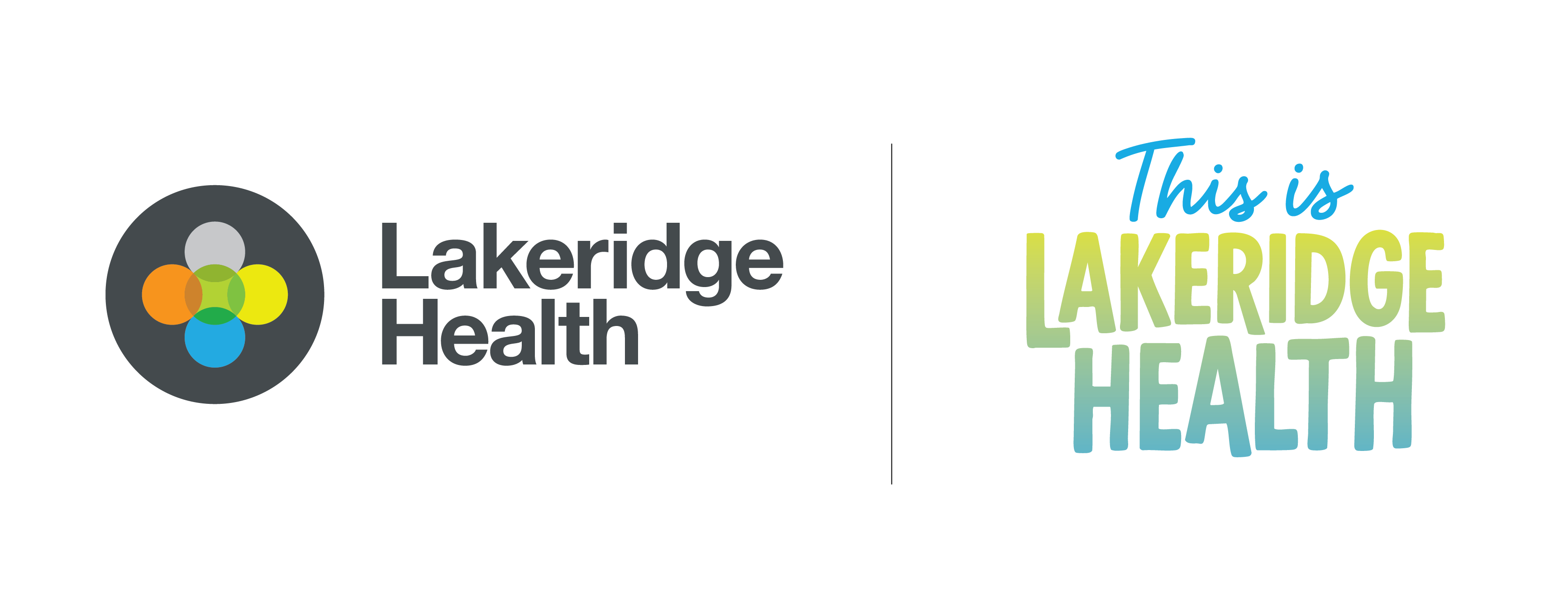Stroke Patient Reflects on the Day That Changed Her Life Forever
Last May, Darlene Simpson experienced a stroke. Less than six months later, she shares details about the day that changed her life and her recovery journey.
“The night before I had a stroke, I had a massive headache, so I went to bed early, knowing I had a busy day ahead of me at work,” says Darlene.
Darlene works in the food services department at Sobey’s and shares that, “When I woke up on May 4, my headache was gone and it felt like a regular workday. I started my usual work routine but at 7:10 a.m., I was writing a list and all of a sudden, my hand wouldn’t write anymore. I looked at my colleague Sue and I could see her and I couldn’t hear her. I thought I was speaking to her, but I’ve come to learn she couldn’t understand me.”
Darlene says when Sue saw her handwriting veer and her mouth droop, she recognized the signs of a stroke and immediately paged for help. She explains that by chance, a paramedic who visits the store every morning had just walked in the door and stepped in to assist.
“The paramedic and a colleague helped me lay down until the ambulance arrived,” says Darlene. “I remember being in the ambulance on the way to the Oshawa Hospital but I couldn’t hear anything. At the hospital, they injected me with Tissue Plasminogen Activator (TPA). The TPA helped significantly, and I was transferred to Toronto Western Hospital for further assessment.”
“A stroke is a sudden loss of brain function caused by the interruption of blood flow to the brain. The lack of blood flow causes the brain cells in the affected area to die,” explains Amy Maebrae-Waller, Lakeridge Health’s District Stroke Coordinator and Patient Care Manager of the Stroke Prevention Clinic and the Outpatient Neuro Program (ARC Neuro). “TPA is administered as soon as possible after stroke onset to help break down the blood clot(s) and restore blood flow to the brain.”
Amy adds that “being able to identify a stroke is crucial as 1.9 million brain cells die every minute an artery is blocked during a stroke. So, calling 911 immediately – like what Darlene did – is critical. It’s also important to know the signs of stroke, including one side of the face drooping, weakness in the arms, and slurred or jumbled speech.”
Darlene’s road to recovery was a challenging one.
“The first six to eight weeks were incredibly difficult,” says Darlene. “I suffered so many pounding headaches, aches and pains, and nightmares that felt so surreal.”
Despite the challenges, Darlene was determined to get stronger. She explains, “I started physiotherapy, speech therapy, and occupational therapy with the Lakeridge Health team. There’s a lot I had to relearn and teach my brain again.”
Since May, Darlene has made tremendous progress and completed therapy at the end of August. She gives credit to her health-care team at Lakeridge Health for helping her to get to where she is.
“The entire team was fantastic,” says Darlene. “They helped me understand the recovery process, and if I had any questions, I always had someone there to answer them. I can’t say enough about how great they were.”
In September, Darlene went back to work; a month earlier than expected.
“Going back to where my stroke happened was nerve-wracking, but I made a big promise to myself,” explains Darlene. “I’m not going to sweat the small stuff or stress out. I go in, do my job, do it to the best of my ability, then go home and relax.”
She adds, “I listened to my health-care team and set goals for myself and worked hard to get here. Yes, I had a stroke, but I still have a lot of life to live.”
For information on stroke education, including recognizing signs of a stroke, visit our Stroke Education Resources.

